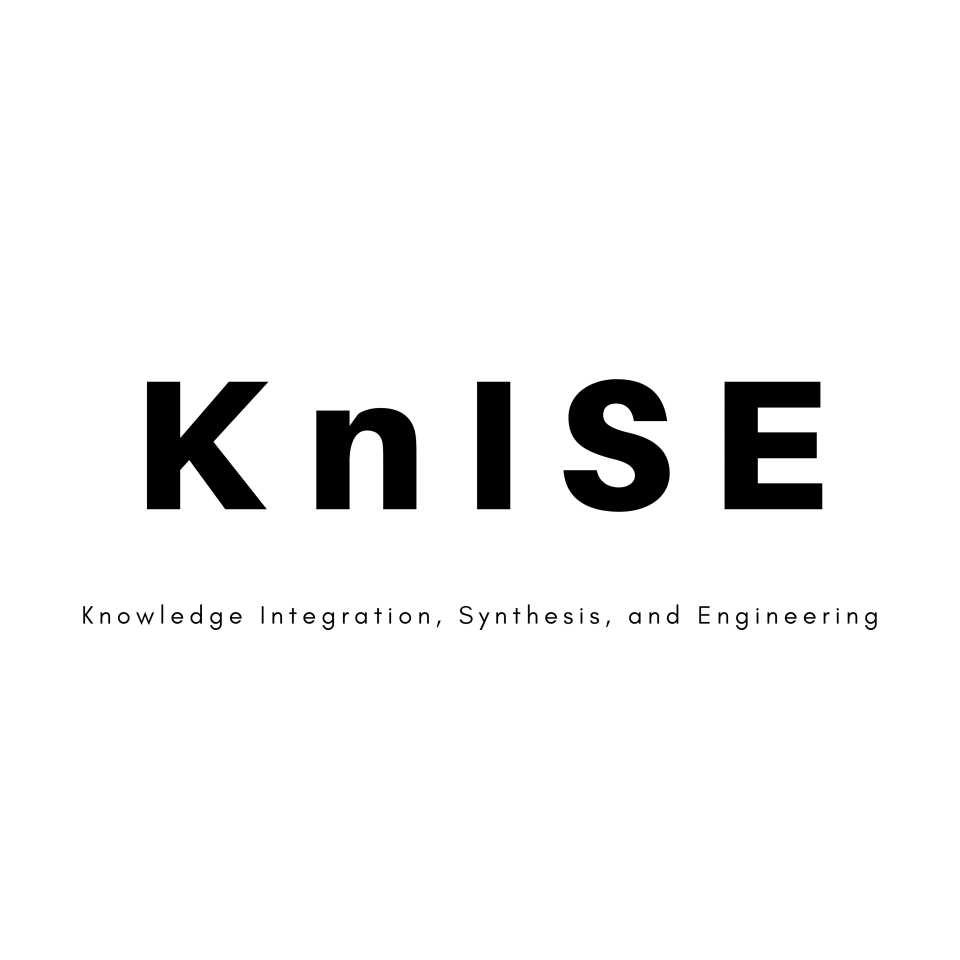
Finding Stakeholder-Material Information from 10-K Reports using Fine-Tuned BERT and LSTM Models
All public companies are required by federal securities law to disclose their business and financial activities in their annual 10-K reports. Each report typically spans hundreds of pages, making it difficult for human readers to identify and extract the material information efficiently. To solve the problem, I have fine-tuned BERT models and RNN models with LSTM layers to identify stakeholder-material information, defined as statements that carry information about a company's influence on its stakeholders, including customers, employees, investors, and the community and natural environment. The existing practice uses keyword search to identify such information, which is my baseline model. Using business expert-labeled training data of nearly 6,000 sentences from 62 10-K reports published in 2022, the best model has achieved an accuracy of 0.904 and an F1 score of 0.899 in test data, significantly above the baseline model's 0.781 and 0.749 respectively. Furthermore, the same work was replicated on more granular taxonomies, based on which four distinct groups of stakeholders (i.e., customers, investors, employees, and the community and natural environment) are tested separately. Similarly, fined-tuned BERT models outperformed LSTM and the baseline. The implications for industry application and ideas for future extensions are discussed.

Multi-Stakeholder Agency: Stakeholder Benefit Alignment and National Institutional Contexts
We analyze how national economic, legal, and social institutions affect the degree of alignment among different stakeholder groups' benefits.
Chen, V. Z., Duran, P., Sauerwald, S., Hitt, M. A., & Van Essen, M. (2023). Multistakeholder agency: Stakeholder benefit alignment and national institutional contexts. Journal of Management, 49(2), 839-865.

Multi-Stakeholder Benefits: A Meta-Analysis of Different Theories
We meta-analyze the relative importance of theories on their prediction of multi-stakeholder performance related to investors, customers, employees, and the community/environment.
Chen, V. Z., Zhong, M., Duran, P., & Sauerwald, S. (2023). Multistakeholder Benefits: A Meta-Analysis of Different Theories. Business & Society, 62(3), 612-645.

Employee well-being: A meta-analysis of dimensions and antecedents
Utilizing a five-dimensional framework for well-being and adopting a person-environment-interactionist approach to understanding its precursors, our meta-analysis scrutinized a decade's worth of research from premier management journals.
Our findings reveal several vital insights: (a) physical and economic well-being have received comparatively less attention than hedonic, eudaimonic, and social well-being; (b) the connections between different dimensions of well-being are generally modest; (c) environmental factors and person-environment interactions exert a greater influence on well-being compared to individual traits, yet these areas have been relatively understudied; and, (d) attitudes, personality traits, and micro-environmental factors demonstrate synergistic effects in enhancing multiple dimensions of well-being, whereas personal abilities exhibit trade-offs across different dimensions.
This meta-analytical exploration underscores the pressing need for further research to develop and validate comprehensive theories elucidating employee well-being.
Working paper under review, co-authored with Meng Zhong, Rasalyn Sandoval, and David Woehr

Multi-stakeholder Performance Measures and Data Sources
I am monitoring measurement and data sources of more than 280 dimensions of enterprise performance from different stakeholder perspectives (customers, investors, employees, and communities). The data is regularly updated as new publications and data sources become available.

Shareholder wealth effects of cultural diversity among blockholders: Evidence from cross-border acquisitions of US listed firms
This paper studies whether and how diversity among blockholders in their cultural preferences may affect short-term shareholder wealth.
The theory is tested using a sample of 2,571 nonfinancial CBAs made by U.S.-listed companies between 2002 and 2014. Results suggest an inverted U-shaped relationship between diversity in host-market cultural distance propensities among five types of blockholders (family, corporations, bank and insurance companies, resistant financial institutions, and government) and the cumulative abnormal returns (CARs) attributable to CBA announcements.
Chen, V.Z. (2019). Shareholder wealth effects of cultural diversity among blockholders: Evidence from cross-border acquisitions of US listed firms. Corporate Governance: An International Review, 27(3): 186-209.

Blockholder heterogeneity and cross-border acquisitions
We investigate the principal-principal (PP) conflicts between large blockholders in the context of cross-border acquisitions (CBAs). We focus on the conflicts between family blockholders and two groups of financial institutional investors – banks and mutual funds.
Chen, V.Z., Zhang, Y., & Hobdari, B. (2019). Blockholder heterogeneity and conflicts in cross-border acquisitions. Journal of Corporate Finance, 57: 86-101.

For love or money? Family versus financial blockholders in international acquisitions
We study the relationship between family blockholding of voting rights and the relative size of international acquisitions, and the moderating effect of two types of financial blockholders (pressure-resistant and pressure-sensitive blockholders).
Employing an international sample of 8,687 non-financial cross-border acquisitions conducted by 4,630 acquirer firms from 40 home markets to 66 host countries between 2004 and 2013, we find a U-shaped relationship between family blockholding of voting rights and the relative size of international acquisitions. Further, we find evidence that this relationship is moderated by the presence and type of financial blockholders. While pressure-resistant financial blockholders shift this relationship downwards (due to intensified conflicts), pressure-sensitive financial blockholders shift it upwards.
Chen, V.Z., Sluhan, A., Hobdari, B., & Kellermmans, F. (2022). For love or money? Family versus financial blockholders in international acquisitions. Corporate Governance: An International Review, 30(2): 140-160

A principals-principals perspective of hybrid Leviathans: Cross-border acquisitions of state-owned MNEs
We propose a private-government principals-principals approach to understand corporate governance of state-owned multinationals. We explain how the conflicts between large government and private blockholders may affect managerial decisions in the propensity of completing a cross-border acquisition and its dollar value.
We argue that conflicts among different blockholders make it difficult to pursue large-scale, cross-border deals because such conflicts may lead to a less coherent objective function and to a rejection of deals that do not satisfy these groups’ conflicting objectives.
Finally, we show that such blockholder conflicts are moderated by the salience of the government’s “dual influence” on the firm in question, related to a state’s soft budget constraint and/or diplomatic advantages in countries where the host and the home markets do not enjoy a bilateral investment treaty.
Empirically, we found highly supportive evidence based on a global sample of 7,564 cross-border acquisitions between 2004 and 2013.
Chen, V.Z., Musacchio, A., & Li, S. (2019) A principals-principals perspective of hybrid Leviathans: Cross-border acquisitions of state-owned MNEs. Journal of Management, 45(7), 2751-2778.

Ownership structure and innovation: An emerging market perspective
Considerable attention has been focused on the ways in which emerging market firms can obtain and mobilize the knowledge and resources required for innovation. Innovation is a particular challenge in emerging markets because of inadequate external institutions. In this study, we focus on the importance of ownership structure, and in particular on ownership type diversity and ownership concentration. Using transaction cost and agency theories embedded in an emerging market context, we argue that ownership structure provides an important mechanism by which firms can assemble and direct the resources necessary for innovation in the context of inadequate external institutions.
Specifically, we hypothesize that ownership type diversity improves innovation performance and that increasing ownership concentration has the same effect, but only up to a point.
Using a panel dataset of 487 and 475 Chinese listed companies during 2004–2005 and 2005–2006 respectively, we find supportive empirical evidence for our hypotheses. Our findings also suggest that ownership type diversity is a more important factor in explaining innovation performance than ownership concentration, although most of the extant literature focuses on the latter.
Chen, V.Z., Li, J., Shapiro, D.M., & Zhang, X. (2014). Ownership structure and innovation: An emerging market perspective. Asia Pacific Journal of Management, 31(1): 1-24 (Lead article) (2014 APJM Best Paper Award).

Board social ties, institutional change asynchronicity, and performance
We seek to understand the changes of social ties on corporate boards due to the asynchronicity across dimensions of pro-market institutional changes—an overlooked type of institutional uncertainty.
Based on a sample of 8205 firm-year observations during 2005–2016 in 15 emerging markets, we find that firms increased the presence of directors with both corporate interlocks and political ties in response to asynchronous pro-market institutional changes.
This increase appeared less salient when the firm already had a greater presence of the other type of social ties on board or a higher percentage of state ownership.
Finally, we find that the performance consequences of such board changes depend on the existing level of pro-market institutional developments.
Chen, V.Z., Hobdari, B., & Shen, C. (2023). Board social ties, institutional change asynchronicity, and performance. Industrial and Corporate Change, 32(3), 700-732.


